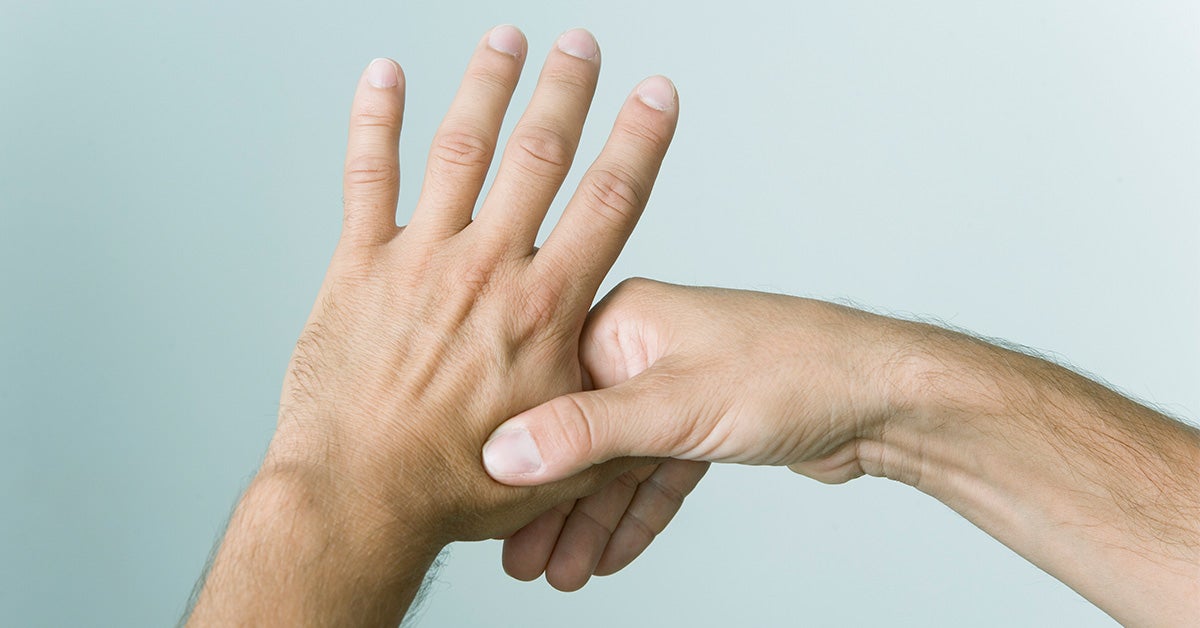Fear of the Ocean: What You Need to Know to Overcome It & Feel Better

For some people, a minor fear of the ocean is something that can be dealt with easily. For others, being afraid of the ocean is a much bigger problem. If your fear of the ocean is so strong that it has an effect on your daily life, you may have thalassophobia, or a phobia of the ocean.
In this article, we will discuss the symptoms, causes and diagnosis of thalassophobia. We will also discuss treatment options and positive outlooks for overcoming your fear of the ocean.
Thalassophobia can negatively affect your quality of life. Since a phobia is a type of anxiety disorder, thalassophobia symptoms are the same as those commonly found in anxiety.
symptoms of ThalassophobiaWhen you think of the ocean, you may experience:
- agitation and restlessness, especially in day-to-day life
- worrying, more-so than usual
- trouble falling and staying asleep, and possibly insomnia
- panic and anxiety attacks, which may occur frequently enough to be a panic disorder
Some people with anxiety disorders can also experience panic attacks. During a panic attack, you may feel like your heart is racing or pounding and you may feel nauseous. You may also experience trembling, sweating, or lightheadedness. Some people even feel a sense of impending doom and dissociation.
If you have a fear of the ocean, the manifestations of anxiety can show up at any time. For example, they may appear when you're near a beach or driving past the ocean. They might appear when you're flying over the ocean in a plane.
Depending on the severity of the thalassophobia, you may even experience anxiety when looking at a photograph of the ocean or even hearing the word 'ocean.'
There are a variety of reasons that someone may develop a fear of the ocean. Exposure to stimuli that cause a fear response may lead to the development of a phobia. This stimulus can be a traumatic event, such as nearly drowning or witnessing a shark attack in the ocean. This type of phobia is called an experiential phobia.
Phobias can also develop without any experience or trauma. These types of non-experiential phobias may develop from the following causes:
- Genetic factors. Having a relative with a fear of the ocean may increase your risk of developing thalassophobia.
- Environmental factors. Hearing of other traumatic events, such as drownings or attacks in the ocean, may cause a fear of the ocean.
- Developmental factors. If the fear-response area of the brain has not developed properly, it makes it easier for a phobia to develop.
It is important to know that with thalassophobia, the fear of the ocean becomes an automatic, irrational response that the person cannot control.
Your doctor can use a variety of tools to diagnose thalassophobia. The first step is to determine if there is an underlying cause of your anxiety. In some cases, there are physical causes for an increase in anxiety, such as irritable bowel syndrome or certain neurological disorders.
After your doctor has determined that there is no physical cause for your phobia, they may refer to diagnostic criteria from the American Psychiatric Association to guide the diagnosis of a specific phobia — in this case, thalassophobia. These diagnostic criteria might include:
- a persistent excessive, unreasonable fear of the ocean
- an immediate fight-or-flight response upon exposure to the ocean
- a complete avoidance of the ocean
- a persistent fear of the ocean for at least 6 months
- a recognition that the anxiety is disproportionate to the threat of the ocean
Having a certain number of the diagnostic criteria will help your doctor determine if you have thalassophobia.
Overcoming fear of the ocean is possible with the right type of therapy. There are many treatment options and it may take some time to find a treatment that works for you.
finding help for phobiasIf you have a fear of the ocean, or any other phobia that impacts your quality of life, there are organizations that can help:
- National Alliance on Mental Illness (NAMI): NAMI has both a phone and text crisis line.
- National Institute of Mental Health (NIH): The NIH has a full list of resources for both immediate and long-term help.
- Behavioral Health Treatment Services Locator (SAMHSA): The Substance Abuse and Mental Health Services Administration has a tool that allows you to locate mental health treatment services in your area.
- National Suicide Prevention Lifeline: The Suicide Prevention Lifeline is a free 24/7 resource to help people in a crisis.
Cognitive behavioral therapy (CBT) is a treatment option that focuses on changing your negative thoughts and behaviors to healthier ones. In one study from 2013, researchers used neuroimaging techniques to determine the impact of CBT on some phobic disorders.
Phobias can cause visible activation and changes in the neural pathways of the brain. The researchers found that CBT has a significant positive effect on neural pathways in people with specific phobias, such as fear of the ocean.
Another treatment option is called exposure therapy, which is actually a subset of CBT. Most people who have phobias actively avoid the object or situation they are afraid of, which can make the phobia worse. Exposure therapy works by exposing the person to their fear in a safe environment.
For thalassophobia, this may involve seeing images or watching videos of the ocean with a mental health professional on hand. Eventually, it may even mean visiting a beach or dipping toes in the ocean, again, with a professional by your side. Over time, this type of safe exposure can reduce the overall fear of the ocean.
There are also some experimental procedures for treating phobias, such as auricular chemotherapy and virtual reality therapy. Both therapies rely on the visual systems of the brain. However, since they are relatively new, more research is needed to determine how effective they are.
Medication is not necessarily recommended for people with fear of the ocean as the therapies mentioned above have a great success rate. However, for people who need short-term support for the symptoms of anxiety, medication may be an option.
Thalassophobia, or a fear of the ocean, is a specific phobia that can negatively affect your quality of life. If you feel you need help overcoming your fear of the ocean, a mental health professional can help.
Thalassophobia may be treated through cognitive behavioral therapy and exposure therapy, both of which have a high success rate. In time, treatment of your fear of the ocean can help restore your quality of life.
-
 6 interesting genetic traits that children will inherit from their parents
6 interesting genetic traits that children will inherit from their parents
-
 7 effects of asparagus on child development
7 effects of asparagus on child development
-
 Does cutting blood hair for babies bring good luck?
Does cutting blood hair for babies bring good luck?
-
 The more babies eat, the higher the height they develop, especially the second kind
The more babies eat, the higher the height they develop, especially the second kind
-
 Children with chicken pox should eat to quickly recover from the disease, without leaving a deep scar?
Children with chicken pox should eat to quickly recover from the disease, without leaving a deep scar?
-
 The more food is cooked, the better it can be for health, especially the second type
The more food is cooked, the better it can be for health, especially the second type
-
 7 Pressure Points for Nausea
7 Pressure Points for Nausea
-
 Out-of-Body Experience: What's Really Happening
Out-of-Body Experience: What's Really Happening
-
 Meibomitis: Causes, Treatment, Diagnosis, Prevention, and Pictures
Meibomitis: Causes, Treatment, Diagnosis, Prevention, and Pictures
-
 Why Your Vagina May Have a Fishy Odor and What You Can Do About It
Why Your Vagina May Have a Fishy Odor and What You Can Do About It
-
 7 Things People with Borderline Personality Disorder Want You to Know
7 Things People with Borderline Personality Disorder Want You to Know
-
 Try These Affordable Lunches for $3 or Less
Try These Affordable Lunches for $3 or Less































